How Youth Protests Gave Gachagua a Second Political Life
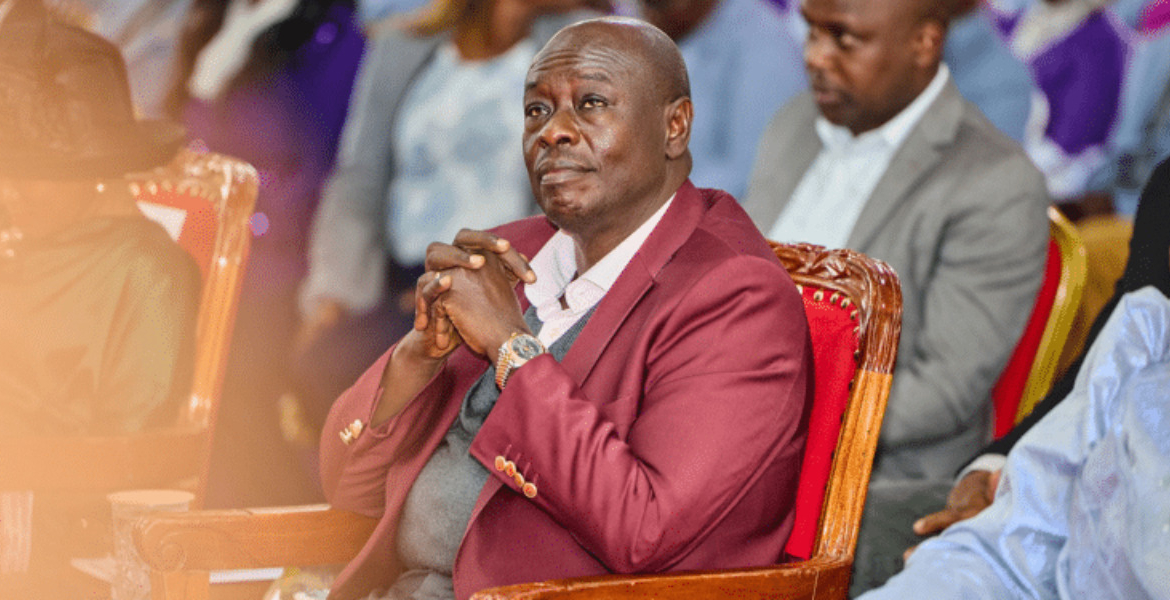
Former Deputy President Rigathi Gachagua has staged a dramatic return to Kenyan politics, aligning himself with the youth-led protest movement that recently challenged the nation's political establishment.
This unexpected resurgence comes less than a year after his impeachment and signals a significant shift in the country's political landscape. The protests, initially sparked by opposition to the controversial Finance Bill in June 2024, swiftly broadened into a wider outcry against endemic corruption, economic hardship, and the perceived political marginalisation of young Kenyans. Amidst this unrest, Gachagua, once considered a political has-been, has positioned himself as a key ally of the disillusioned youth.
Gachagua has launched the Democracy for Citizens Party (DCP), which he presents as a generational alternative to the traditional political elite. The move is viewed as a direct challenge to veteran opposition leader Raila Odinga, whose recent alignment with President Ruto's administration has alienated some of his younger supporters. Speaking in a recent interview, Gachagua claims to have supported the youth movement from within the government prior to his ouster in October 2024.
However, critics have accused him of political opportunism, suggesting that his actions are merely a thinly veiled attempt to seize power. Laikipia East MP Mwangi Kiunjuri has alleged that Gachagua's earlier support of the movement amounted to subversion from within the administration. Gachagua denies these allegations, saying that he only backed the protests after they had commenced.
"It was clear to me the government was alienating the youth, and I felt it was politically reckless," he asserted, maintaining that his decision was a principled one that ultimately cost him his political position, security detail, and access to state resources.
The credibility of Gachagua's new political role remains contested. While Odinga has faced criticism for his perceived abandonment of youth activism, his shift has created a void that Gachagua appears keen to exploit. Observers suggest that the protests were rooted in a deeper crisis of governance that transcends individual leaders. As Democratic Congress youth leader Gladys Njoroge said, "Gachagua may have seized the moment, but the spark came from elsewhere."
Political analysts view Gachagua's resurgence as both opportunistic and strategic. John Okumu, a political science lecturer, describes the former DP's pivot as a calculated gamble. "There is certainly political capital in being seen as the only senior figure willing to speak the protesters' language. But it's unclear whether that will translate into sustained leadership," he said.

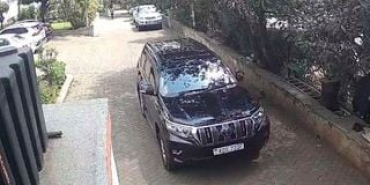
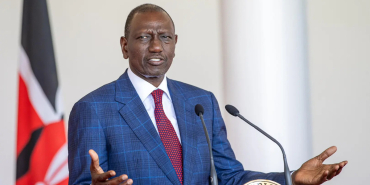
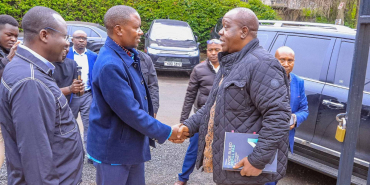


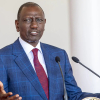

Comments
That's not comeback.....It…
Permalink
That's not comeback.....It pure thuggishness & divisiveness
Add new comment